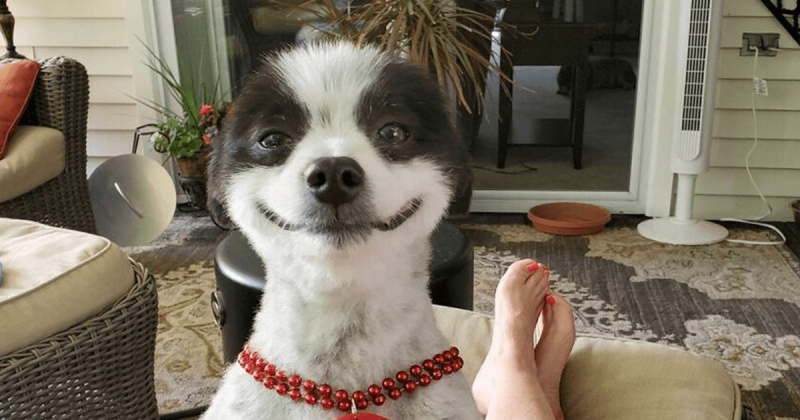You love your dog. Your dog loves you. Your love is the upshot of thousands of years – perhaps tens of thousands of years – of doggie domestication, during which people apparently selected canines for amiability, tractability and smarts. A few eccentrics might have chosen snarling monsters, but we assume that prehistoric people generally chose nice animals that demonstrated comprehension of the humans’ gestures; somebody happy they came back to the cave, rather than reacting with avoidance and horror and/or appetite.
A new paper in Nature journal Scientific Reports by Akiko Tonoike and Miho Nagasawa of central Japan’s Azabu University with colleagues focuses on genetic aspects of doggo domestication.
The team looked at variations in four genes known to be involved in sociability, to see if they differed in wild and tame (to overstate the case) dogs:
1. Melanocortin-2 receptors, aka MC2R, which is involved in production of the stress hormone cortisol.
2. Oxytocin, the “bonding hormone.”
3. Oxytocin receptors.
4. WBSCR17, which is involved in Williams-Buren syndrome in humans, which involves hyper-social behavior.
They did find differences, and let us take a sneak peek at one conclusion. The less genetically prone to stress the canine is, the more agreeable it would have been to human attention, enabling the animals to stop going bonkers and to look deep into your eyes.































